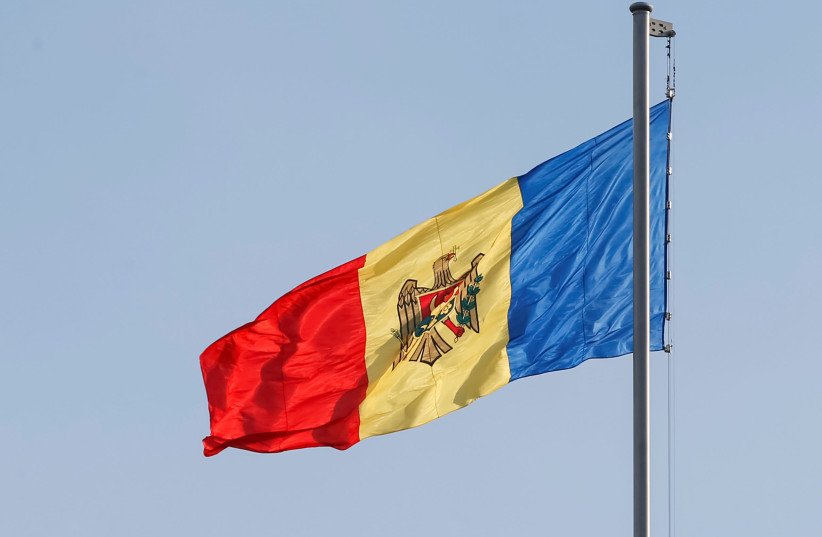Israeli-born businessman and leader of the banned Moldovan Shor political party Ilan Shor and his deputy Marina Tauber filed applications to the European Union General Court to annul sanctions connected to allegedly fermenting pro-Kremlin civil unrest and bank fraud, their lawyers announced last Wednesday.
Shor and Tauber's lawyers Carsten Zatschler and Thierry Bontinck asserted that the sanctions against their clients was a misuse of the EU's power. The allegations against the politicians were aimed at suppressing opposition, part of post-Soviet state tactics in which all utensils of the state were mobilized to suppress political enemies.
"Unlike the sanctions created in respect of Russia, Belarus, Syria, Iran, and similar situations, the measures do not aim to put pressure on a foreign government, but rather to the contrary, aim to support that government against opposition forces," the lawyers asserted in a press release.
What is Israeli-Moldovan lawmaker Ilan Shor sanctioned for?
The Shor Party members were alleged to have been involved in EURO 254 million bank fraud case. The incident was alleged to have collapsed the Moldovan banking system, a claim that the lawyers said had no relevance to the imposition of sanctions. A court of appeals doubled Shor’s 2017 sentence to 15 years imprisonment in absentia in April. Shor is currently in exile in Israel.
The application to the court cited concerns about corruption in the Moldovan judiciary by international organizations, which the lawyers asserted was important in context of the "legal harassment" against the politicians.

According to the sanctions order, Shor and his allies used the funds stolen in bank fraud and connections to Moscow to pay and train people to provoke artificial civil unrest in the country in the last two years. Shor is also under sanction by the US and the UK for his alleged pro-Kremlin activities.
"An example of the use of such funds is the organization of violent protests and rallies, primarily in the capital Chisinau, with the help of protestors paid by the ŞOR Party, throughout 2022 and 2023," read the sanction order. "By directing and planning violent demonstrations and through his serious financial misconduct concerning public funds and the unauthorized export of capital, Ilan Shor is responsible for actions which undermine and threaten the sovereignty and independence of the Republic of Moldova."
The political nature of the sanctions were noted by the lawyers in the fact that four of five people sanctioned in the May 30 order were Moldovan political opposition members, in addition to Shor and Tauber, Gheorghe Petru Cavcaliuc and Vladimir Gheorghe Plahotniuc. Cavcaliuc was accused by the EU of creating a paramilitary group to protect demonstrators and founding a "shadow government" to replace the current regime. Plahotniuc was also alleged to be involved in the bank fraud case, and undermining the democratic process in the country.
